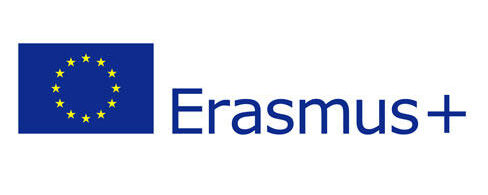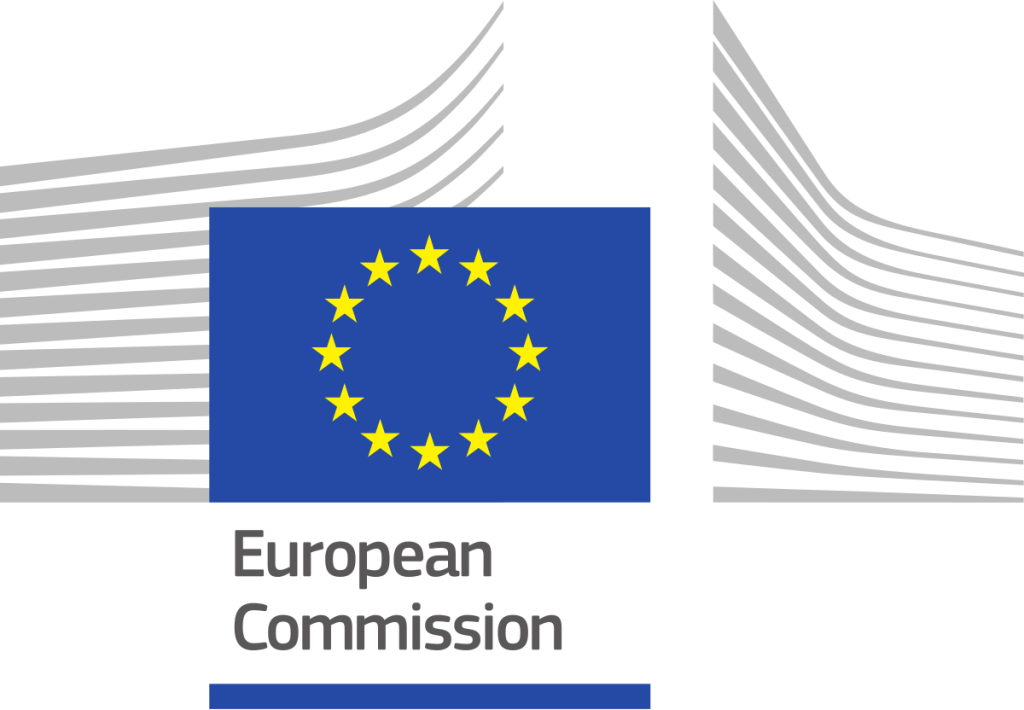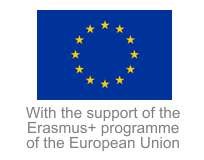Key Action 3 provides grants for a wide variety of actions aimed at stimulating innovative policy development, policy dialogue and implementation, and the exchange of knowledge in the fields of education, training and youth.
The majority of them are managed by the EACEA. Most of the actions under KA3 are managed outside the annual general call for proposals.
The three main instruments that are managed through specific calls for proposals published on this website:
- Prospective Initiatives giving support to forward-looking cooperation projects on policy developments and European policy experimentations led by high level organisations and public authorities to stimulate innovative policies and prepare their implementation;
- Civil Society Cooperation providing support to European NGOs and EU-wide networks active in the fields of education, training and youth with the aim of raising the awareness about European policies and to boost the cooperation with the public authorities.
Funds are also allocated to a range of calls for tender and restricted calls
- Studies and surveys with the aim to increase the knowledge in the fields of education, training and youth through the collection of evidence and analysis;
- European policy tools improving the recognition of skills, qualifications and diplomas by facilitating the transfer of credits, and supporting skills management and guidance, the Bologna process and the quality assurance, etc;
- Cooperation with international organisations to foster policy dialogue with partner countries, to promote international attractiveness of European Higher Education in the world and to support the network of Higher Education Reform Experts in partner Countries neighbouring the EU,
Civil Society Cooperation Youth, Education and Training
The objective of the Civil Society Cooperation action is to provide structural support to European non-governmental organisations and EU-wide networks active in the field of youth and pursuing one or more of the following general aims:
- Raise stakeholder awareness of European policy agendas in youth (EU Youth Strategy);
- Increase stakeholder commitment and cooperation with public authorities for the implementation of policies and reforms in the fields of youth;
- Boost stakeholder participation in the field of youth;
- Boost stakeholder commitment in the dissemination of policy and Programme actions and results and of good practice among their membership.
Erasmus Charter for Higher Education
The participation of HEI from participant countries in the Erasmus+ programe activities.
Accreditation of higher education institutions for participation in mobility and cooperation activities within the framework of the Erasmus+ programme.
Who can benefit
Higher education institutions located in participant countries and recognised by the competent national authorities as eligible to participate in the programme.
For further details on conditions for eligibility please refer to Art. 2 of the REGULATION (EU) No 1288/2013 OF THE EUROPEAN PARLIAMENT AND OF THE COUNCIL of 11 December 2013 establishing ‘Erasmus+’: the Union programme for education, training, youth and sport and repealing Decisions No 1719/2006/EC, No 1720/2006/EC and No 1298/2008/EC.
Who can apply
Applications for the ECHE can be submitted by higher education institutions established in countries eligible for this call.
A ‘higher education institution’ as defined in Article 2 of the Erasmus+ legal base
No consortia of institutions are eligible
For more detailed information please refer to the Applicant guidelines available.
How applications are selected
The applications received are assessed against eligibility (see Who can apply) and award criteria.
Award criteria for the assessment of the application form by independent experts:
- Adherence to the principles of the ECHE.
- Quality of the Application
- Clarity and completeness of the answers. Clear justification in case a question is not relevant for the applicant organisation.
- The conformity of the mobility and cooperation arrangements planned by the HEI with the ECHE principles.
- Clarity of the Erasmus Policy Statement and coherence between the institutional profile and priorities with the mobility and cooperation arrangements.
The final decision on the award of the Charter or rejection of the application will be taken by the European Commission on the basis of the recommendations of the experts and the ECHE Evaluation Committee, composed of a panel of European Commission and Executive Agency officials
What happens if your application is selected
The candidate is officially notified of the selection result. The lists of successful candidates are published on the EACEA website. Charters in electronic format are sent by e-mail to all successful applicants.
National Authorities for Apprenticeships
The call to National Authorities for Apprenticeships is to encourage the development of high-quality apprenticeship-type training and excellence in work-based learning in VET through partnerships between national ministries responsible for education, employment and economic affairs, social partners, relevant intermediary bodies (such as chambers of commerce, industry and crafts, professional and sectoral organisations), VET providers and other relevant stakeholders
Given the specific role of National Authorities in determining the legislative framework in which apprenticeships are organised and financed, the direct involvement of the competent national ministries is to make sure that the projects can effectively contribute to national reforms, building high-quality apprenticeship schemes, and can be linked to the work of the European Alliance for Apprenticeships and the follow-up of the Bruges Communiqué
Prospective initiatives
Erasmus + Prospective initiatives – European policy experimentations in the fields of Education and Training and Youth aim at supporting transnational cooperation with a view to implement innovative policies under the leadership of high-level public authorities.
The action pursues the following objectives:
- Test and improve policy implementation systems, structures and processes, with a potentially significant impact,
- Facilitate the collection and analysis of substantive evidence allowing the responsible public authorities to assess and monitor the implementation of innovative policies,
- Identify key criteria and conditions for effective policy implementation and monitoring,
- Facilitate transferability and scalability.






